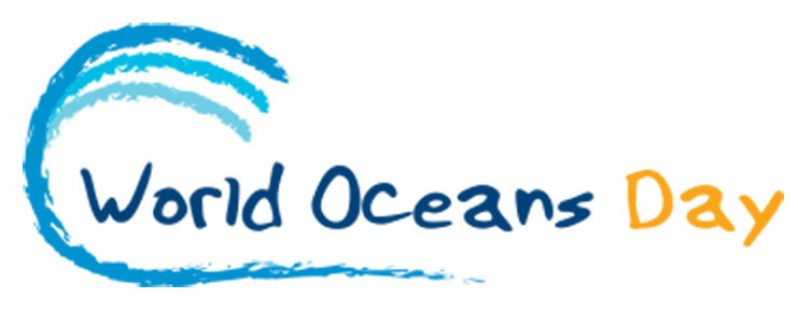Around the world, people have been celebrating World Environment Day, encouraged by the theme to connect with nature. An important feature of the natural environment that is sometimes overlooked or abused, is our oceans. According to the UN Secretary, the  preservation of oceans is a core element of development and security internationally. World Oceans Day is celebrated annually on June 8 to raise awareness on this fact. Oceans help to sustain life on earth, being the largest source of oxygen we breathe.
preservation of oceans is a core element of development and security internationally. World Oceans Day is celebrated annually on June 8 to raise awareness on this fact. Oceans help to sustain life on earth, being the largest source of oxygen we breathe.
They are also the largest carbon sink, continually removing dangerous carbon dioxide that could potentially exacerbate climate change. Ocean services support many economies worldwide, serving as a basis for tourism, agriculture, transportation. They are thus closely linked to people and their livelihoods.
Guyana is bordered by the beautiful Atlantic Ocean on its northeastern coast, supporting the fishing industry which is key to the agricultural sector. Unfortunately, human activities are a major threat to this and the other oceans of the world. These threats include overexploitation, illegal and unsustainable fishing practices, marine pollution and habitat destruction, alien species, climate change and ocean acidification. It is no surprise therefore that the ocean protection is a part of the Sustainable Development Goals.
SDG 14: Conserve and sustainably use the oceans, seas and marine resources
This year’s celebrations is centered on taking action against plastic pollution and cleaning the ocean of marine litter. Pollution of our oceans begins with a single person disposing of their litter improperly. Even tiny items like cigarette butts dropped on the ground may make their way to the shores of another continent and can take several years to biodegrade. Even when litter biodegrade dangerous chemicals can be released into the water becoming dangerous for humans and other organisms. Plastic litter is especially problematic in our oceans because they typically take hundreds of year to decompose. Some animals mistakenly ingest plastic and other debris which can release toxins in their bodies causing death.
Ms Irina Bokova, Director-General of UNESCO, states that “Business-as-usual is not enough to deliver the future we want by 2030. Achieving SDG14 calls for new science-based solutions and their transformation into informed policies and decisions…World Oceans Day is an opportunity for all of us to take measure of the global sustainable development challenges we face and to unite for the ocean we need for the future we want.”
You can share your ideas and questions by sending letters to: “Our Earth, Our Environment”, C/O EIT Division, Environmental Protection Agency, Ganges Street, Sophia, GEORGETOWN, or email us at: eit.epaguyana@gmail.com.




.jpg)









